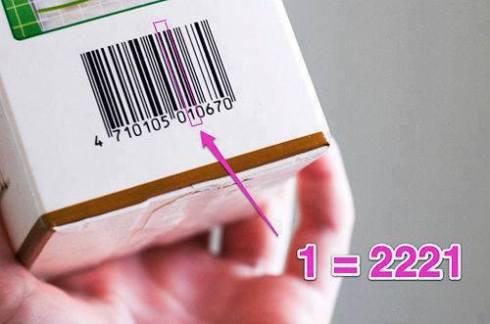To a large extent, yes. Imagine the
time, energy and travel cost the consumer would have saved if electricity,
water bills and house tax were paid online directly through one's bank account.
The talk of e-governance will amount to just an illusion if these basic
services are not made available to consumers and tax payers online. The
government better make payment of bills online a reality - sooner, the better.
Daniel F de Souza Freelance
journalist, Vasco
In spite of the infrastructure
being available, it is not used as it should be. Like the telephone bill can be
paid anywhere, the government should extend that kind of facility for power and
water bills as consumers have to travel long distances and bear with queues
too. There should be a single point where one can pay all utility bills. Even
the landline phone bill payment facility needs to be properly advertised by the
authorities.
Siddesh Rangnekar Business manager,
Panaji
Yes, the government has totally
failed on this front. While all over the world people sit at home and pay all
their bills, here we have to either go to a bank or government office. Most
times it is a frustrating exercise of having to queue and losing one's
patience. The present bill payment system is sheer waste of time and energy.
Saby Mascarenhas Civil engineer,
Siolim
In this computer age who wouldn't
want to pay bills online? Seems like the government is yet to realize that a
huge percentage of revenue due to it remains unpaid as the online facility is
not made available to consumers. The aggravation that consumers get while
queuing up, being told that the persons manning the cash payment counters have
gone for a 'chai', and the non-cooperative attitude of irresponsible government
servants, is reason enough to postpone paying of bills. It is high time the
administration puts its e-governance act together.
Shreedhar Pai Businessman, Margao
Source: TOI












